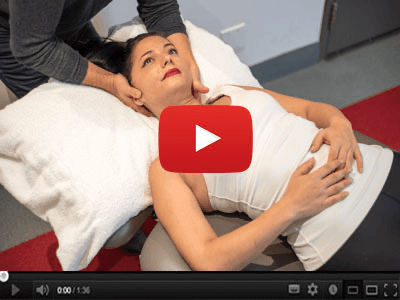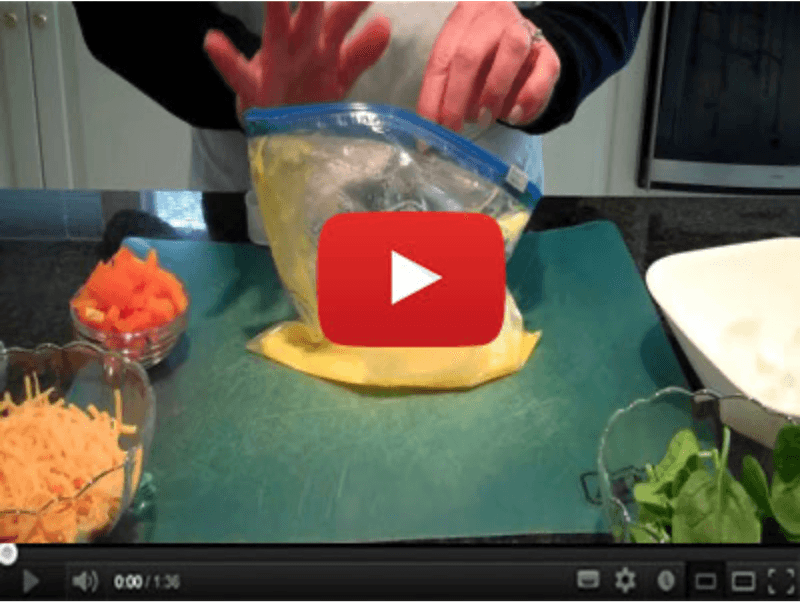Record-Breaking Fat Oxidation: Low-Carb Diet Unveiled
A recent study has shattered previous assumptions about the body's ability to oxidize fat during high-intensity exercise. Researchers observed extraordinary levels of fat oxidation in participants adhering to a specific dietary regime.
Involving individuals on a stringent 4-week low carbohydrate diet, the study aimed to measure how this diet would affect their performance during extremely demanding exercise sessions.
- Participants oxidized unprecedented levels of fat.
- Exercise performance remained unimpaired despite diet.
- Oxidation occurred at ≥85% VO2 Max, previously thought unlikely.
Often in science, hypotheses are built from accumulated indirect evidence. This study, however, demonstrated an unexpected physiological response, offering a new perspective on fuel utilization during endurance sports.
We actually saw record levels of fat oxidation, fundamentally shifting what we thought we knew about exercise fuel efficiency.
This study not only opens up further questions about diet efficacy and exercise physiology but also urges reconsideration of long-held ideas in sports science. The evidence provided may influence diet strategies that optimize performance outcomes.
Potential new studies might build on these findings, exploring different feeding strategies and their impacts on athletic output and health.
From Around The Web
Wellness Inbox is a blog & weekly newsletter that curates trending news and products related to health and wellness from around the web. We also gather content from various sources, including leading health professionals, and deliver it directly to you.
Please note that we may receive compensation if you purchase any products featured in our newsletter. Wellness Inbox is not affiliated with, nor does it endorse, any health professionals whose content may appear in our newsletter. The information provided is for general informational purposes only and should not be considered medical advice.
The information provided is not intended to replace professional medical advice, diagnosis, or treatment. All content, including text, graphics, images, and information available is for general informational purposes only. We do not guarantee the accuracy or completeness of any information presented and assume no liability for any errors or omissions. The content is subject to change without notice. We encourage you to verify any information with other reliable sources and consult your physician regarding any medical conditions or treatments.







